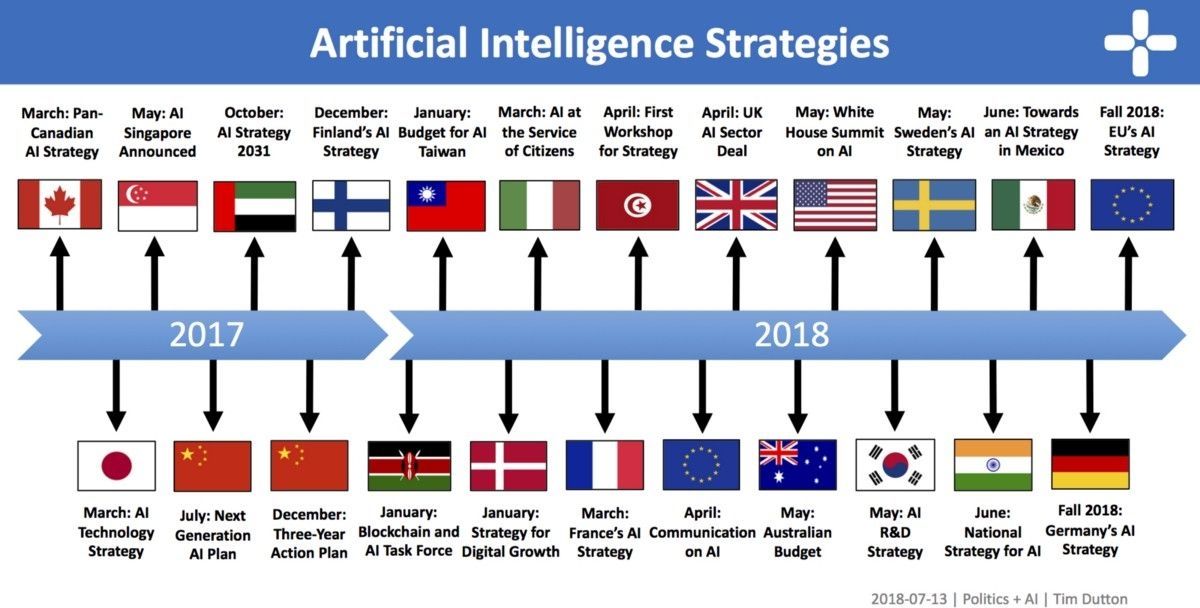Jul 23, 2018
Designer babies on horizon as ethics council gives green light to genetically edited embryos
Posted by Shailesh Prasad in categories: biotech/medical, ethics, genetics, law, neuroscience
Designer babies are on the horizon after an influential group of scientists concluded that it could be ‘morally permissible’ to genetically engineer human embryos.
In a new report which opens the door to a change in the law, the Nuffield Council on Bioethics, said that DNA editing could become an option for parents wanting to ‘influence the genetic characteristics of their child.’
Although it would be largely used to cure devastating genetic illnesses, or predispositions to cancers and dementia, the experts said they were not ruling out cosmetic uses such as making tweaks to increase height or changing eye or hair colour, if it would make a child more successful.








 He talks of a species propelling itself toward “desirable goals” by cataloging, data mining, and analyzing the past behavior of peers and ancestors—and then using that data to improve the experience of each user’s future and perhaps even their future generations. But, is he referring to shared goals across cultures, sexes and incomes? Who controls the algorithms and the goal filters?! Is Google the judge, arbiter and God?
He talks of a species propelling itself toward “desirable goals” by cataloging, data mining, and analyzing the past behavior of peers and ancestors—and then using that data to improve the experience of each user’s future and perhaps even their future generations. But, is he referring to shared goals across cultures, sexes and incomes? Who controls the algorithms and the goal filters?! Is Google the judge, arbiter and God?







